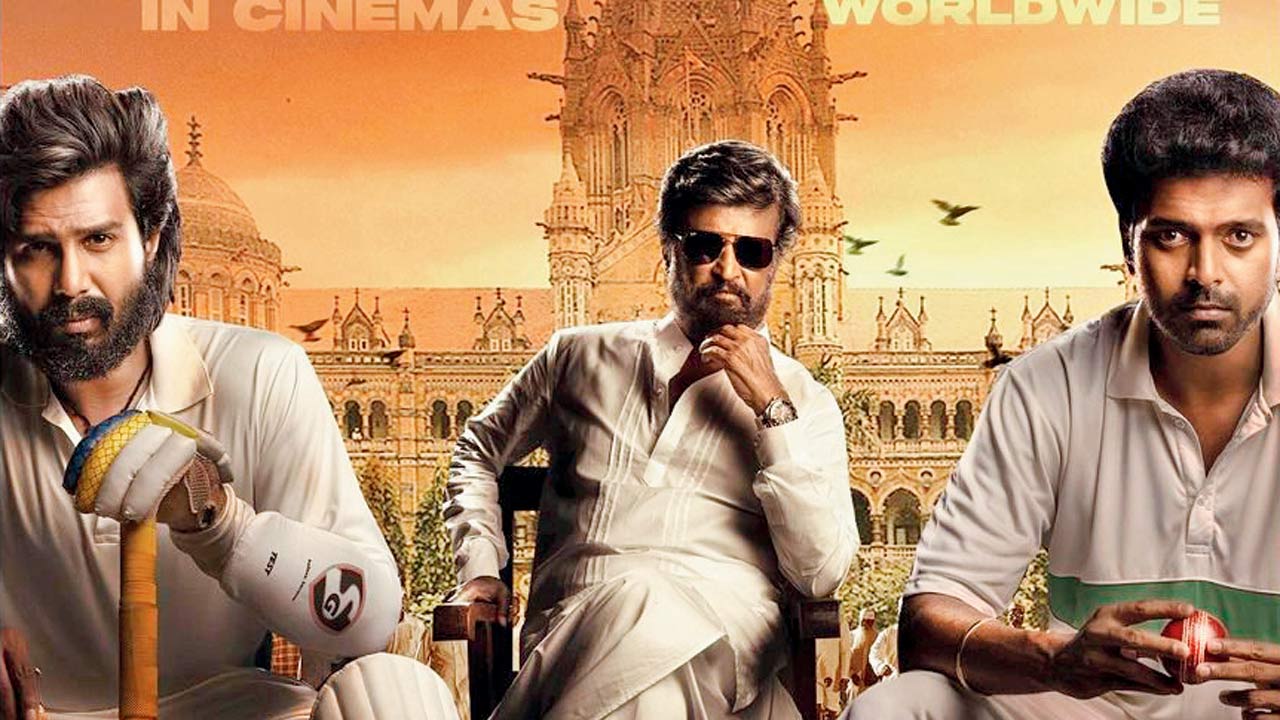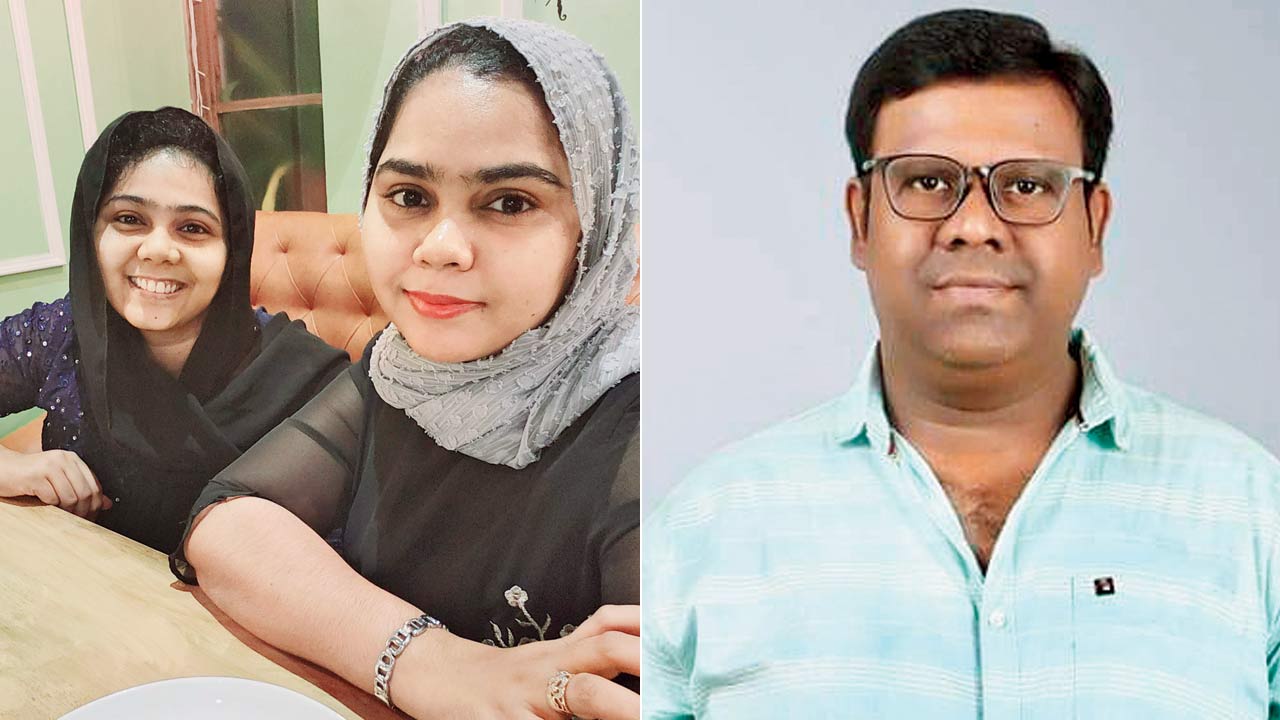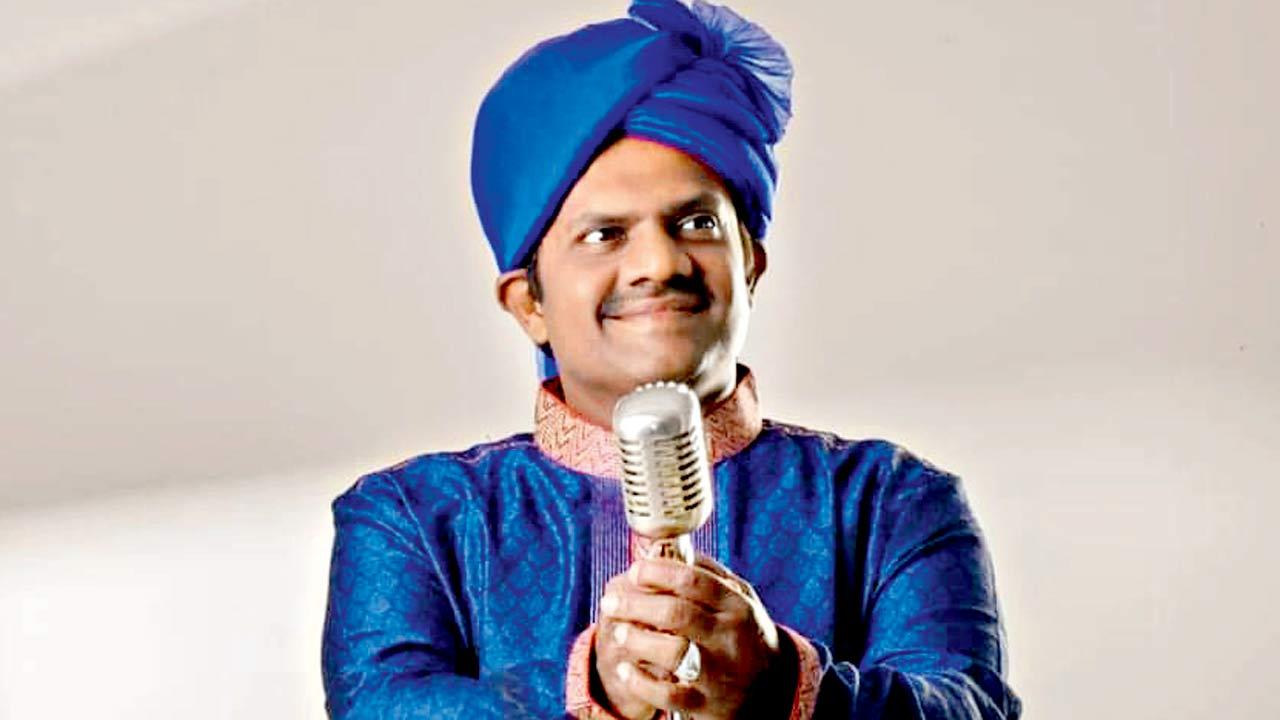When Rahman recreated the voices of late singers Shahul Hameed and Bamba Bakya using AI, it sparked a dialogue on consent. The artistes’ families talk to mid-day about being justly remunerated and the bigger reward of hearing voices lost to time

Composer AR Rahman recreated the voices of Shahul Hameed
One of the greatest gifts of art is that through it, an artiste can live on beyond his lifetime. Metaphorically, and now it turns out, technologically as well. Earlier this year, AR Rahman used Artificial Intelligence (AI) to recreate the voices of his two late collaborators, Bamba Bakya and Shahul Hameed, for the song, Thimiri yezhuda, in Rajinikanth-starrer Lal Salaam. Is it sheer joy to hear the voice of a singer you never thought you’d be able to again? Absolutely. But it also sparked many other emotions; while some listeners expressed disappointment that such a practice would limit opportunities for upcoming singers, others felt it was ethically wrong.
ADVERTISEMENT
Taking the right channel
For Bakya’s brother Praveen Raj, it sparked surprise. He remembers receiving a call from the ace composer’s daughter Khatija Rahman in January 2023, about creating the late singer’s voice using AI. Talking to mid-day from Chennai, he says, “There are so many singers keen to sing for Rahman sir. But he was interested in my brother’s voice.” Rahman’s affinity for Bakya’s voice is understandable. It was, after all, the musician who gave him the name, after asking him to sing like South African musician, Bamba. The playback singer made his film debut with Rahman’s composition, Kedakkari, from Mani Ratnam’s Raavanan (2010). Before his untimely demise in September 2022, he collaborated with the composer on Iravin Nizhal and Ponniyin Selvan I.
 Bamba Bakya for the song, Thimiri yezhuda, in Rajinikanth’s February release, Lal Salaam
Bamba Bakya for the song, Thimiri yezhuda, in Rajinikanth’s February release, Lal Salaam
As Rahman yearned to hear the singer once again in the recording studio, he employed the AI platform, Timeless Voice, to recreate his voice. But before that, he did something important. He sought the entire family’s permission. Raj states, “They shared the official letter. Only after all the family members—my late brother’s wife, our mother, our two brothers and I—signed the document giving our permission, did they begin
the project.”
Hameed’s daughter Fathima Shahul Hameed echoes the sentiment. “First, his daughter Khatija called me to talk about this project. Rahman uncle had introduced my father into the Tamil film industry. So, we’re like family. My father’s voice is quite unique. I heard that when they were trying to create the voice using AI, it didn’t quite sync at first. They were experimenting and trying to match. Rahman uncle wanted to do justice to my father’s voice. He is the kind of person who would go ahead with it only when he was sure he had got it right,” she says.
 Shahul Hameed’s daughters, Firosha and Fathima; (right) Praveen Raj, brother of Bamba Bakya
Shahul Hameed’s daughters, Firosha and Fathima; (right) Praveen Raj, brother of Bamba Bakya
Was she present at any of the sessions? “No, the process was happening in their studios. We had full faith in Rahman uncle. This is what he is all about, bringing in new technology and composing brilliant music.” She adds that after Lal Salaam’s audio launch, the feedback was largely positive. “My younger sister Firosha attended the music launch with our mother. Firosha recorded it on the phone and sent it to me. It was a very emotional moment for all of us.”
Hearing them, again
Hameed and Rahman had first teamed up for Deen Isai Maalai (1989), an Islamic devotional album. After the music maestro made his debut as a composer in films with Roja (1992), he regularly collaborated with the singer, from Gentleman (1993) to Jeans (1998), which released a year after Hameed’s tragic death in an accident in 1997. Fathima says it was surreal to see that audiences remembered her father’s voice and were happy to hear it anew. “I sent a letter to Rahman uncle, thanking him for creating my father’s voice for a new song,” she says.
Raj reveals that his family was invited to the recording session in Chennai last year, but their work schedules didn’t permit them. “After creating a sample, they shared it with us. My mother and bhabhi got very emotional on hearing it. My mother and niece attended the music launch. [At the event], Rahman sir said there that he had wanted to create many more albums with Bamba.”
 Bamba Bakya
Bamba Bakya
A fair deal
The song left the audience divided. While fans were happy to hear the voices lost in time, many raised questions about consent and ownership. Soon after, Rahman, through a post on X, clarified that he had taken the concerned families’ permission and given them deserving remuneration. Fathima confirms that they were compensated not only for the Tamil song, but also for its Telugu and Hindi versions. She recalls, “After the Tamil song came out, we were told that they were dubbing it in Telugu and Hindi. We were surprised when we [learnt] that we’d be compensated equally for those languages too. Every aspect was done in the correct manner.”
In the same vein, Raj says, “Rahman sir did complete justice to my brother’s voice in all aspects. As for the compensation, it is income for my bhabhi, and my niece’s education.”
It’s your call
There has been much apprehension over the use of AI. In his post, Rahman had batted for technology, asserting that it is not a threat if used with the right intention. As the practice of recreating the voice of late singers many gain momentum, a conversation about consent and remuneration is mandatory. Fathima asserts that the choice entirely lies with the concerned artiste’s family. “The rights should be owned by the family. I’m no one to say if the voice of another singer, who has passed away, should be created using AI. If the family is okay with it and goes about it correctly in all aspects, including legal and financial, it’s their call.” Raj, who has recently been approached by composer Santosh Narayanan to recreate Bakya’s voice, states, “We are following the same kind of documentation and other terms [of agreement].”
At the end of the day, for Fathima, the practice holds immense emotional value. She says, “In my letter to Rahman uncle, I told him how my younger daughter is appreciative of her grandfather’s voice. She never thought of the idea as strange. She was always excited about it.”
What is it? AR Rahman recreated the voices of late singers Shahul Hameed and Bamba Bakya for the song, Thimiri yezhuda, in Lal Salaam.
How it works? The musician sought the permission of late artistes’ families. After getting their nod, Rahman collaborated with the artiste-first platform, Timeless Voice, to create the two-minute-fifty-second song.
Who it benefits? Fans of the singers were thrilled to hear the voices, lost in time, again in a new avatar. It also provided income to the singers’ families, who were given adequate remuneration.
 Subscribe today by clicking the link and stay updated with the latest news!" Click here!
Subscribe today by clicking the link and stay updated with the latest news!" Click here!







